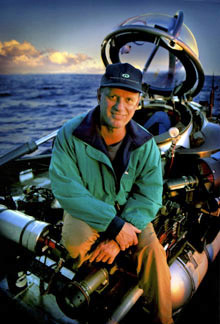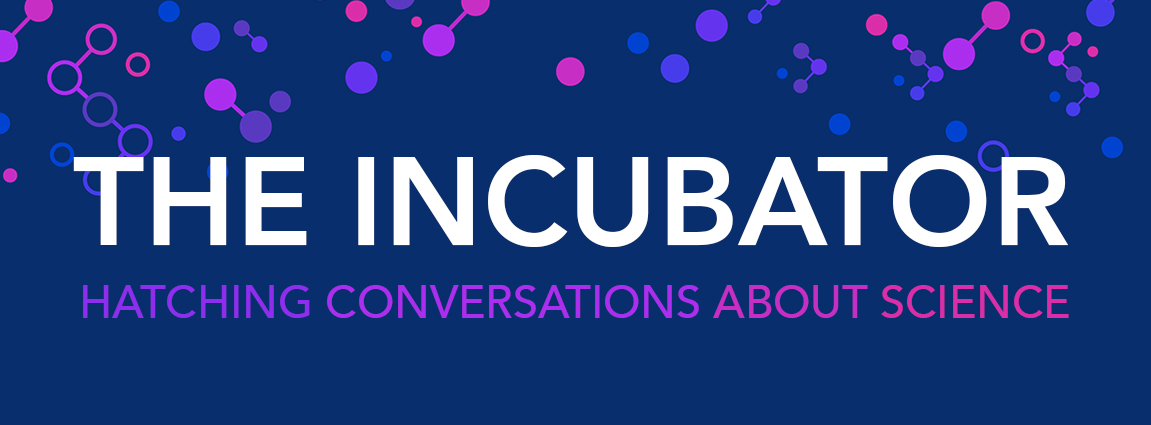Surfing the Wave of Ocean Exploration with Dr. Robert Ballard
By Simona Giunta

In November, oceanographer Sylvia Earle, leader of the first all-female team of aquanauts, amazed the RU community with a personal account of her underwater experiences. Naturally, this excitement was amplified when Robert Ballard visited RU as the guest of honor for the Insight Lecture Series.
Widely known for having found The Titanic, Dr. Ballard amused us with the truth about that discovery.
I wasn’t supposed to find it! The search for the Titanic had been a great cover story for the US government to send us looking for misplaced nuclear submarines and other military missions for years!
While the notorious relic 12,000 feet below the sea did not excite the US military, it did bring a wonderful wave of attention from children – a wave that Dr. Ballard decided to ride.

His mission soon became to make aquanauts as cool as astronauts. “Why is NASA’s budget 100 times larger to explore outer space than to explore our own oceans anyway?” he questioned. To emphasize the importance of funding oceanic research and to inspire new generations of aquanauts, Dr. Ballard founded The JASON Project – an award-winning educational program that reaches more than 1 million students and 25,000 teachers annually.
So why exactly is oceanic research important? Beyond the obvious fascination with uncovering the hidden wonders of the underwater world, we are still learning significant facts about our oceans.
During his talk, Dr. Ballard showed astonishing images of hydrothermal vents – fissures on the ocean floor from which hot water issues. Water gushing from these submarine geysers will dissolve minerals from Earth’s crust and affect ocean salinity. It was only 20 years ago when we first learned why the sea was salty, and team Ballard’s discovery revolutionized our understanding of sea mineralization (previously thought to result from rivers that fed into the ocean).
Underwater exploration deepens our understanding of ocean environments. Imagine being able to explore the seas remotely – from your office, or even your bed. Real-time streaming of data, via a web-based network of research stations, has now made this possible. These data are shared among the entire ocean-loving community (children included) and is a great example of open, interactive science from which we should certainly draw inspiration!
After the lecture, students, postdocs, and RU faculty joined Dr. Ballard for a wonderful dinner hosted by The Rockefeller University President, Marc Tessier-Lavigne. This allowed us to dive deeper into conversation with Dr. Ballard (as well as into some superb food!). He further advocated the importance of preserving marine environments, reducing our carbon footprint and, most importantly, empowering women. These sentiments brought me back to the amazing life and story of Sylvia Earle, a living testimony to the importance of ocean exploration.
Dr. Ballard about hydrothermal vents (National Geographic).
These views are the work of individual authors, do not necessarily represent the views and opinions of The Rockefeller University, and are not approved or endorsed by The Rockefeller University.
